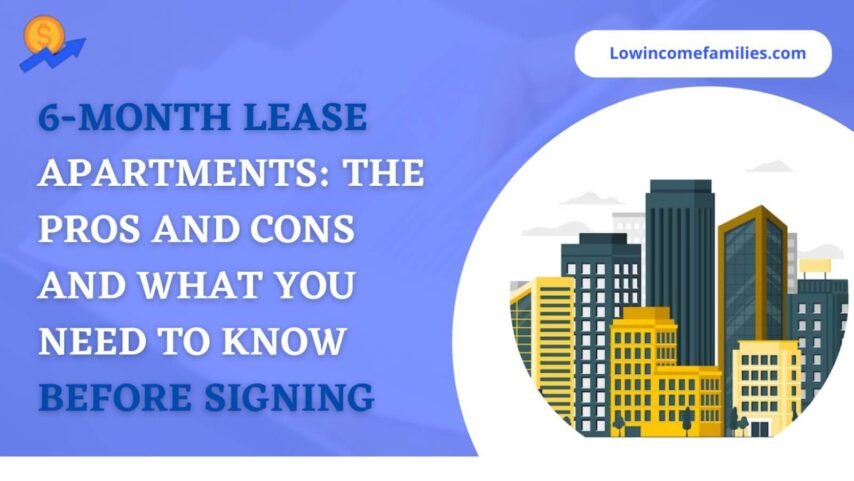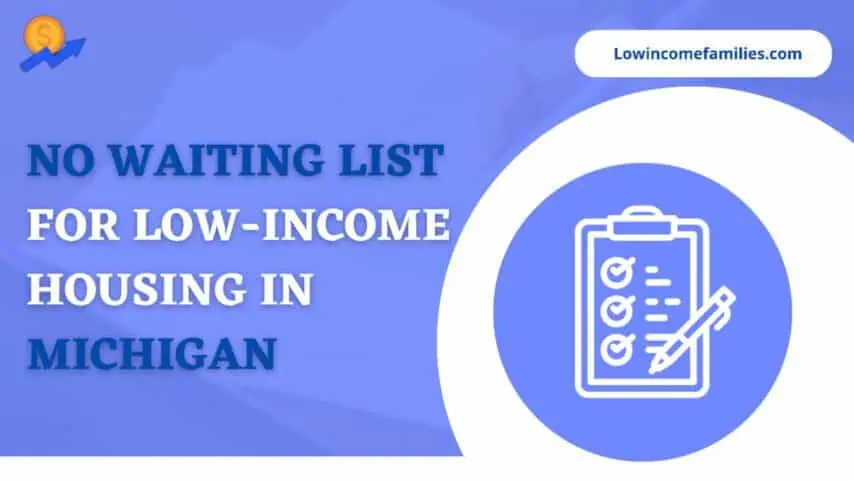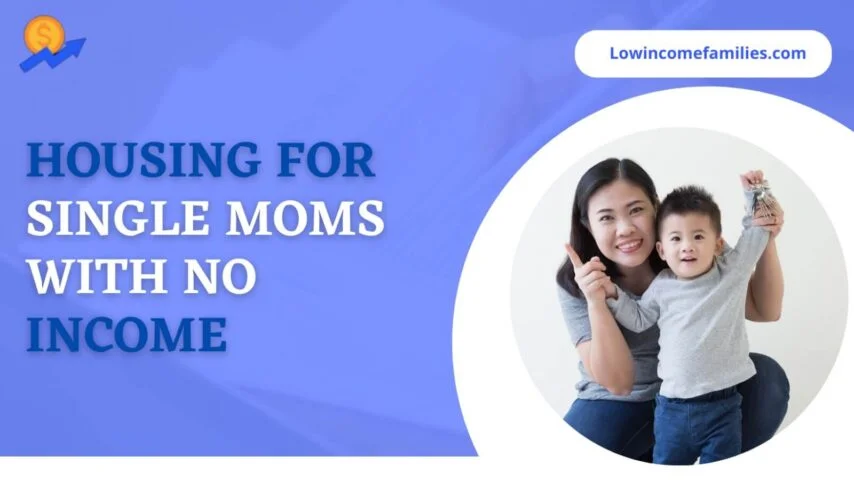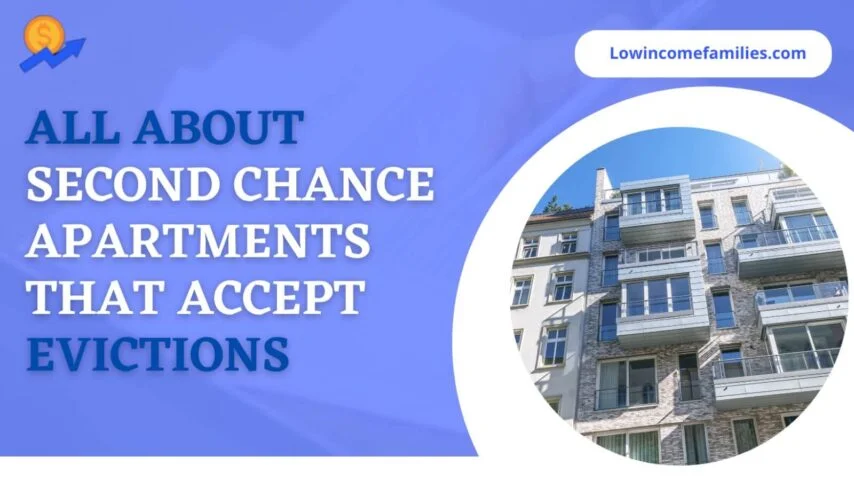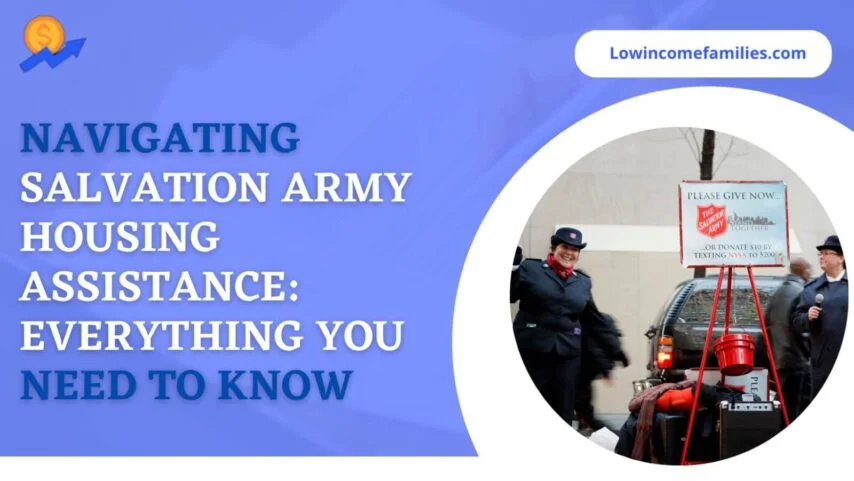You can consider renting an apartment on a six-month lease! If you don’t want to consider a long-term lease. In this article, we’ll discuss the pros and cons of a 6-month lease, including what you need to know before signing the dotted line. Read on to find out if this is the right solution for you!
6-Month Lease Apartments
If you’re considering signing a lease for an apartment or house, you may be wondering what the difference is between a 6-month lease and a 12-month one. Both have pros and cons, so it’s important to weigh your options before deciding.
A 6-month lease is typically shorter than a 12-month lease, but it can still provide some stability if you’re not ready to commit to a longer term. Some landlords want to negotiate rent prices for a 6-month lease, which can be beneficial if you’re on a budget.
However, remember that you may have to move again at the end of the 6 months if you can’t find another place to live. A 12-month lease gives you peace of mind knowing you won’t have to move for at least a year.
This can be especially helpful if you work a job requiring long hours or travel, as finding time to look for new housing will be difficult. Additionally, many landlords are reluctant to negotiate rent prices for a 12-month lease, so you may pay more than you would like.
Ultimately, whether to sign a 6-month or 12-month lease comes down to your circumstances. If you need flexibility, a 6-month lease may be the best option. A 12-month lease may be the way to go if you prefer stability.
Rent an Apartment Without Proof of Income
Advantages Of A 6-Month Lease Apartments
There are a few reasons why signing a 6-month lease may be the best option for you and your living situation :-
Lower Rental Rates
Renting an apartment or house is a great way to save money on monthly housing costs. No secret, rental rates are lower when you sign a longer lease. This could be a great way to save money on a tight budget.
More Stability
A 6-month lease gives you the peace of mind that knowing your rent won’t go up for at least 12 months. This can be helpful if you’re worried about moving frequently or need to plan your finances.
Additional Freedom
In addition to the obvious financial benefits of a shorter lease, a few others are worth mentioning. One is the increased freedom of not being locked into a long-term agreement. If your job situation changes or you get an opportunity to move to a new city, you can do so without worrying about breaking your lease.
Another advantage of a shorter lease is that it allows you to try out a new apartment or neighborhood without making a long-term commitment. You can always move somewhere else when your lease is up.
Of course, there are also some downsides to shorter leases. One is that your rent may go up after each renewal, so you could pay more in the long run than if you had signed a longer lease. Additionally, apartments with shorter leases are often in high demand, so you may have trouble finding one that meets your needs.
Housing For Seniors on Social Security
Flexibility To Move
For some, the flexibility to move is a top priority. If you need to move for work or personal reasons, a month’s lease allows you to do so without penalties or breaking your lease agreement. While this may be a pro for some, weighing the pros and cons before signing a lease for only months is important.
Disadvantages Of 6-Month Lease Apartments
There are a few potential disadvantages to signing a 6-month lease :-
- If your plans change or you do not like your apartment or roommates, you may be stuck for the next six months.
- Your monthly rent may be higher than if you had signed a 12-month lease.
- You may have to move inconveniently if your lease expires in the middle of the summer or winter.
Higher Fees And Deposits
Higher fees and deposits may be required when signing a -monthly lease. These increased costs can act as a deterrent for some renters.
However, they also offer increased security for landlords. In addition, a -monthly lease gives tenants a larger down payment or improves their credit score to qualify for a better interest rate on a mortgage.
Difficult To Sublet Or Break The Lease
Breaking a lease can be difficult and expensive. If you want to move before your lease ends, you may be responsible for paying the full rent for the remainder of the lease term and any fees associated with breaking the lease.
Subletting may be an option, but finding someone willing to take over your lease cannot be easy, and you may still be responsible for paying some or all of the rent.
How To Get Free Roof Replacement Grants
Less Flexibility
Once you sign a -month’s lease, you’re committed to paying the rent for the entire term. This can be problematic if your financial situation changes or you need to move for any reason.
Limited Negotiation Power
If you’re looking to lease an apartment, you may wonder if a -monthly lease is the right option. While a -monthly lease can have pros and cons, it’s important to weigh your options before deciding.
However, one downside of a -month lease is that you may have less negotiating power with your landlord. Landlords typically prefer longer-term leases because they provide them with more stability and peace of mind. They seem less likely to negotiate on rent price or amenities if you’re only signing a -monthly lease.
Ultimately, whether or not a -month lease is right for you depends on your circumstances. If you’re looking for flexibility and don’t mind paying slightly higher rent, a -monthly lease could be a good option. However, if you hope to save money on rent or get certain concessions from your landlord, consider signing a longer-term lease.
How To Apply For A 211 Motel Voucher?
Alternatives To 6-Month Leases For Short-Term Renters
There are a few alternatives to six-month leases for short-term renters. One option is to find a sublet. This could be an apartment being rented out for a shorter period, usually a few months. Another option is to look for furnished apartments.
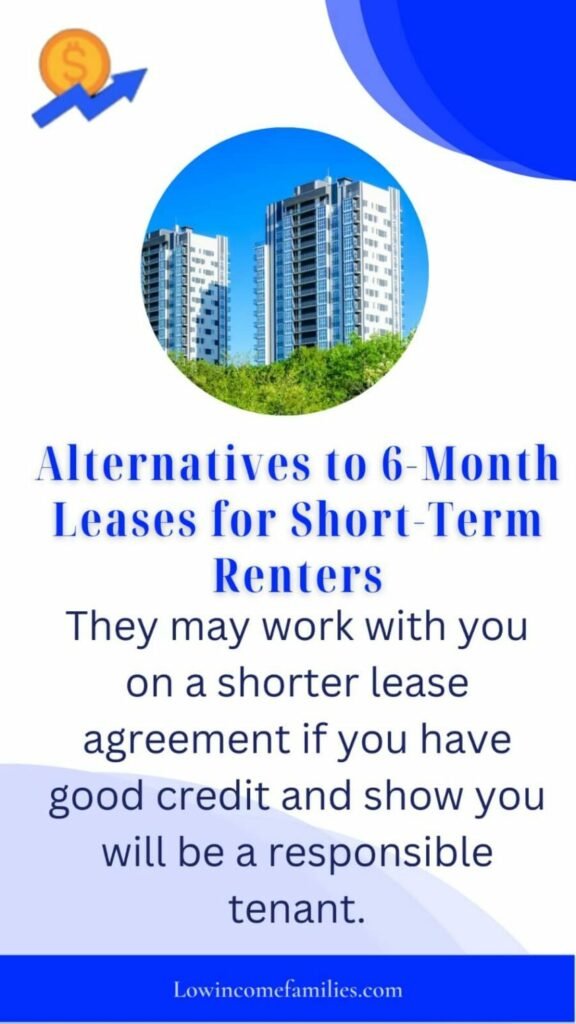
These usually come with everything you need, from furniture to dishes, and can be rented every month. Finally, you can always negotiate with your potential landlord. They may work with you on a shorter lease agreement if you have good credit and show you will be a responsible tenant.
Conclusion:-
A 6-month lease can be a valuable tool for renters, offering flexibility to explore different neighborhoods or quickly change their living situation. It’s always important to consider the pros and cons of a 6-month lease before signing on the dotted line.
Signing a 12-month contract could provide stability and financial savings in certain situations where the long-term is needed or desired. Do your research to determine what time makes sense for you to have peace of mind when making this important decision about your housing!
Frequently Asked Questions
How can I negotiate a lower rent with my landlord?
One way to try and negotiate a lower rent with your landlord is by making concessions such as offering maintenance around the property or signing a longer lease. You can also request a rent freeze if the pandemic affects your current financial situation. It’s important to be prepared and research before you start negotiating so that you can make an informed decision.
What are some tips for saving money while renting?
Some tips for saving money while renting include: finding a roommate to split the costs, shopping around for competitive rent prices, and negotiating with the landlord. It’s also important to track what services are included (and not) in your lease agreement. Regarding utilities, look into reducing usage and investigating how you can get provider discounts. Additionally, take advantage of free activities in your community and limit unnecessary spending.
What rights do I have as a tenant?
Tenants typically have the right to privacy, freedom from discrimination, safe living conditions, and proper notification of repairs/maintenance. Additionally, tenants are generally entitled to a habitable residence and may be protected from retaliatory evictions if they exercise their rights. Knowing your local laws is important, so be sure to review them before signing a lease agreement.
